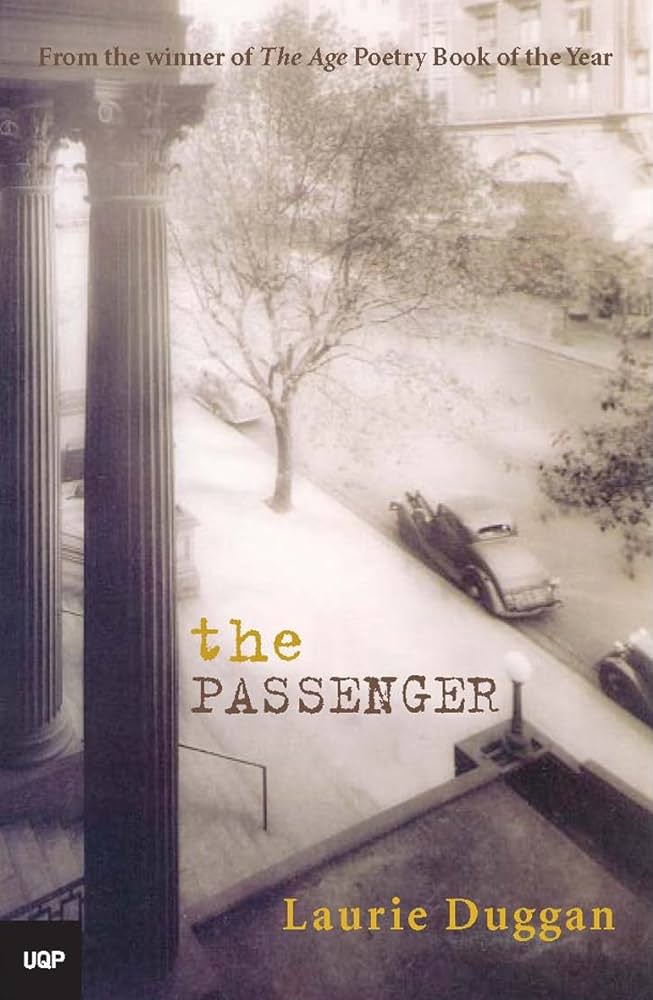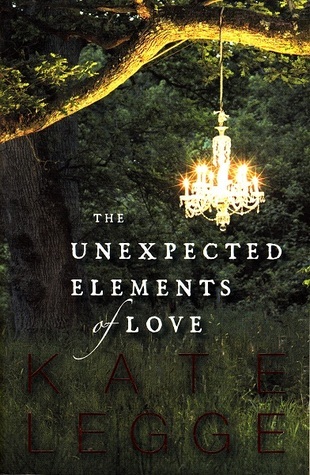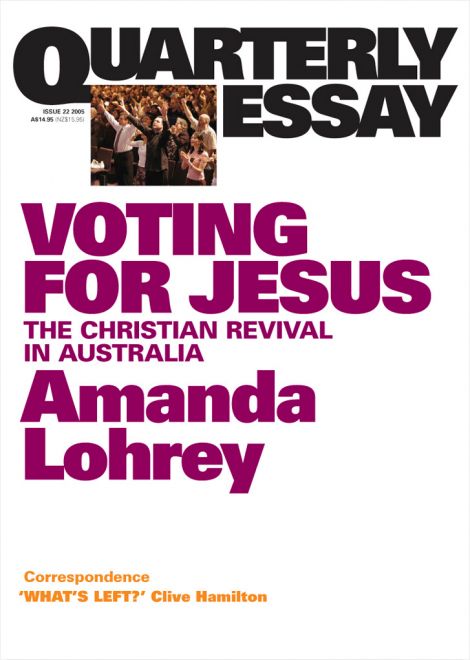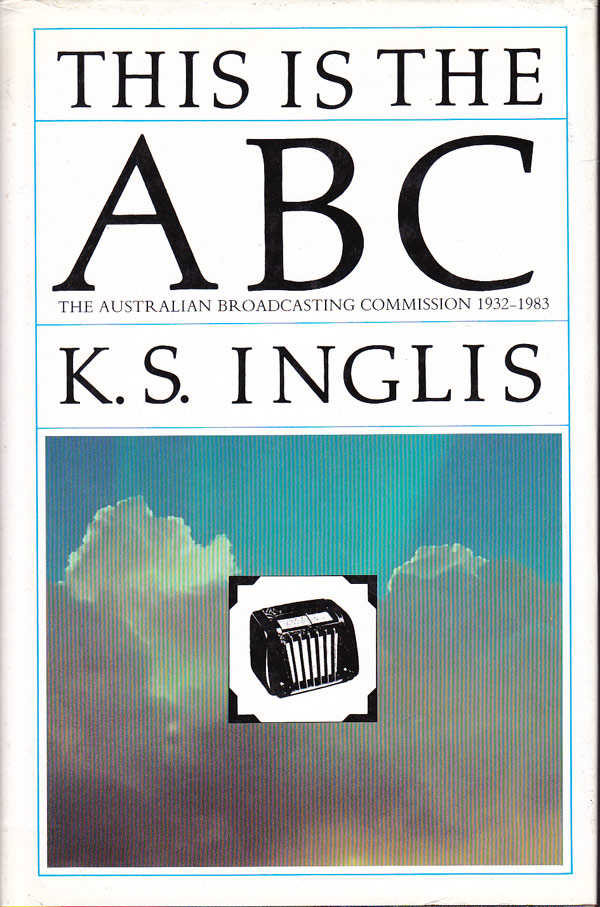Archive
Film | Theatre | Art | Opera | Music | Television | Festivals
Welcome to ABR Arts, home to some of Australia's best arts journalism. We review film, theatre, opera, music, television, art exhibitions – and more. To read ABR Arts articles in full, subscribe to ABR or take out an ABR Arts subscription. Both packages give full access to our arts reviews the moment they are published online and to our extensive arts archive.
Meanwhile, the ABR Arts e-newsletter, published every second Tuesday, will keep you up-to-date as to our recent arts reviews.
Recent reviews
In the 1980s, when it seemed that the situation in South Africa would never improve, debate raged about the responsibility of South African novelists to act as witnesses to, and opponents of, apartheid. Some believed that white writers, especially, should use their privileged position in the fight. Nadine Gordimer was prominent among those who felt it was essential to be, in J.M. Coetzee’s words, a ‘stripper-away of convenient illusions and unmasker of colonial bad faith’1 in the realist convention, rather than a spinner of postmodern metafictions.
... (read more)








